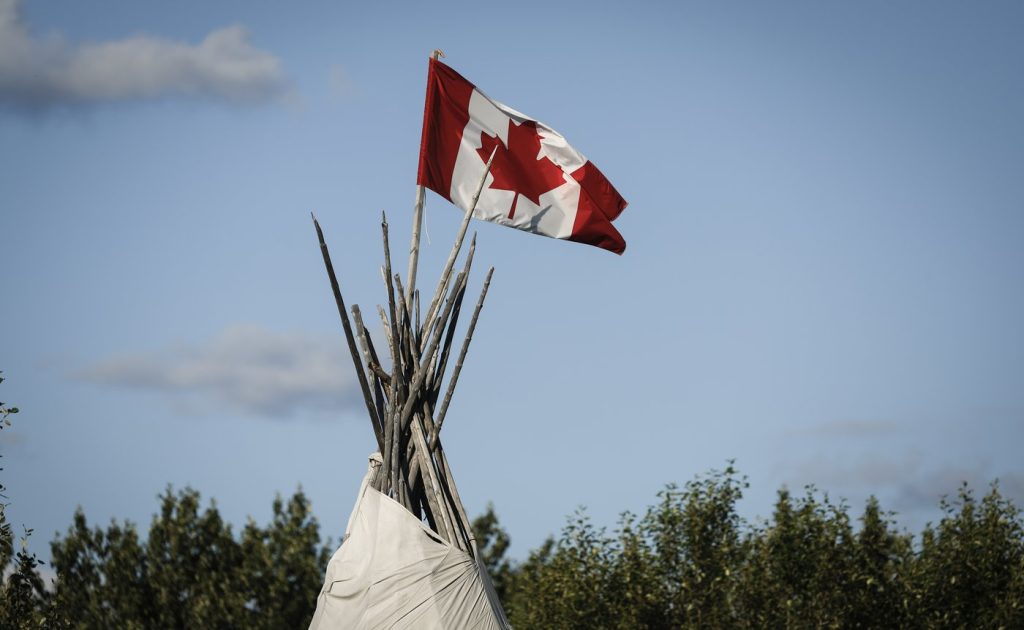As Canada marked the National Day for Truth and Reconciliation, a new survey revealed sharp divisions over whether the country belongs primarily to Indigenous Peoples.
The Leger poll, conducted for the Association for Canadian Studies between August 29 and 31, found that 38 per cent of Canadians believe the land belongs “first and foremost” to Indigenous Peoples. Another 43 per cent disagreed, while 19 per cent were unsure.
The generational gap was striking. Among Canadians aged 18 to 24, 58 per cent said the country belongs to Indigenous Peoples, compared to just 24 per cent of those 65 and older. Newcomers were also more likely to support this view, with 50 per cent of respondents born outside of Canada agreeing, versus 36 per cent of those born in the country.
Regional differences also emerged. Nearly half of Ontarians surveyed sided with Indigenous territorial rights, compared to about one-third in Quebec, British Columbia, and the Prairies. A small sample of Indigenous respondents reflected overwhelming support, with almost three-quarters saying Canada belongs to Indigenous Peoples, while only 37 per cent of non-Indigenous respondents felt the same.
Veldon Coburn, associate professor and faculty chair of the Indigenous Relations Initiative at McGill University, said the survey highlights long-standing regional and political divides. He noted that denial of Indigenous rights is deeply rooted in areas like the Prairies and Quebec, where Western alienation and separatist movements shape attitudes. However, Coburn emphasized that younger Canadians and newcomers appear to be driving change, motivated by education and a desire for reconciliation. “All told, it is the younger generation and newcomers that are inheriting a relationship with the First Nations of these lands,” he said. “The survey indicates they desire justice and reconciliation with Indigenous Peoples.”
The ideological spectrum also played a role, with respondents on the political left more likely to affirm Indigenous rights than those on the right. Jack Jedwab, president and CEO of the Association for Canadian Studies, said the results show how deeply divided Canadians are on the issue. “When we think about truth and reconciliation, it’s important to have a narrative that’s inclusive,” Jedwab said. “One that recognizes the central role of Indigenous Peoples in this country’s history without diminishing the contributions of others.”
The poll surveyed 1,627 people online. While online polls cannot be given a margin of error, the results underscore a significant generational and cultural shift in how Canadians view reconciliation and the future relationship with Indigenous Peoples.

